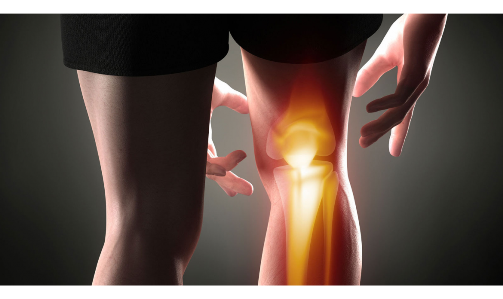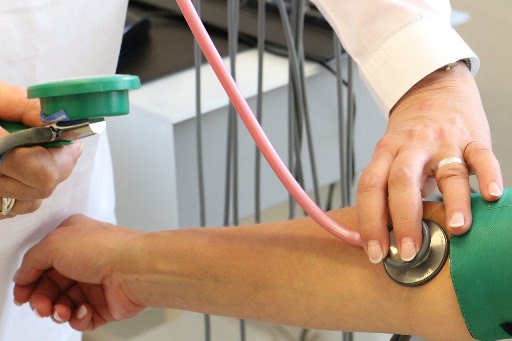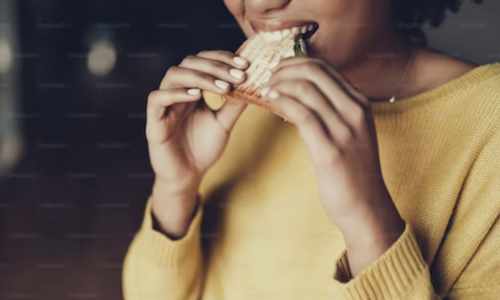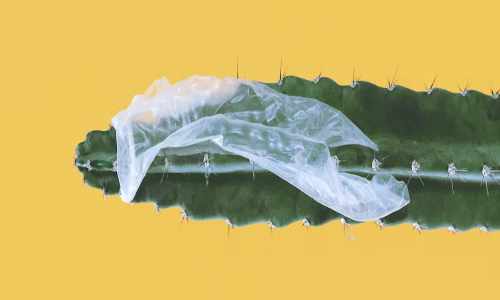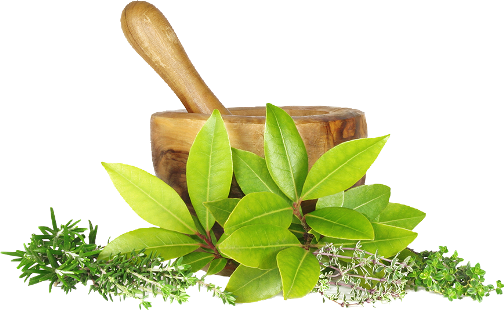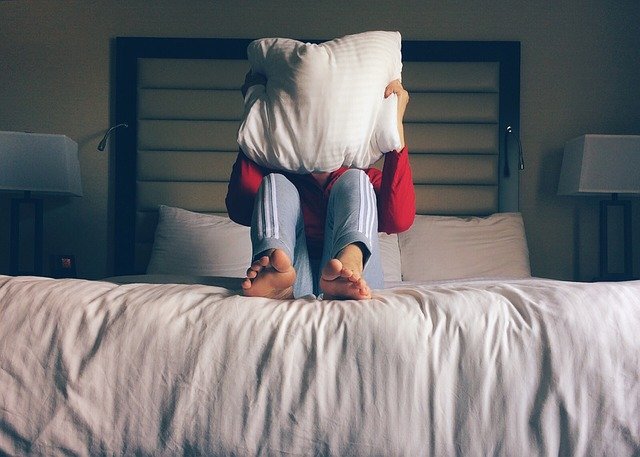MAYBE YOU HAVE LOST OF LIBIDO…
What is Loss of Libido in Females?
Libido is conscious or unconscious sexual desire. Loss of libido is a sexual dysfunction relating to the loss of sexual desire or sexual drive and is also termed hypoactive sexual desire disorder (HSDD). Loss of libido must not be confused with other sexual dysfunctions as these can impair libido. A recent study showed that nearly one-third of women worldwide aged 18-59 suffer from a lost interest in sex. The frequency of sexual intercourse has nothing to do with sexual desire or satisfaction. When a woman experiences a significant decrease in interest in sex which affects her life and causes distress, then this condition is considered as a problem of low sexual desire or HSDD. Common Causes of Loss of Libido Common causes for a loss of sexual desire and drive in women include:- Low testosterone and estrogen: Testosterone and estrogen levels peak in women’s mid-20s and then steadily decline until menopause, which can cause decreased interest in sex and dryer vaginal tissues, resulting in painful or uncomfortable sex.
- Dyspareunia (painful sexual intercourse): Due to vaginal dryness or even susceptibility to recurrent cystitis, may take the pleasure from sex and hence the drive.
- Medications: Certain antidepressants pills, blood pressure-lowering drugs, and oral contraceptives can lower sexual drive, decrease available testosterone levels or affect blood flow.
- Medical problems: Mental illnesses such as depression or medical conditions like endometriosis, fibroids, and thyroid disorders, impact a woman’s sexual drive both mentally and physically.
- Interpersonal relationship issues: For many women, emotional closeness is an essential introduction to sexual familiarity. Lack of connection with partner, unresolved conflicts or fights, poor communication of sexual needs and preferences, unfaithfulness, or break of trust leads to lack of sexual desire.
- Sociocultural influences: Job stress, peer pressure, and media images of sexuality can negatively influence sexual desire.
- Disinterest in sex: Patients with hypoactive sexuality disorder exhibit absolutely no signs of arousal, even in situations that involve no emotional or psychological pressure. These patients are devoid of healthy and normal reactions to intimacy. This is one of the most common of all HSDD symptoms and can be dealt with effectively through sex therapy.
- Total disgust toward sex: Hypoactive sexuality disorder usually begins with a complete disinterest in sex and then escalates to utter hatred and dislike toward the concept and act of sex.
- Physical pain: HSDD may be a direct consequence of factors such as vaginal pain during intercourse.
- Sexual dissatisfaction: Some people with signs of HSDD find sex painful or boring. They are unable to become aroused under any circumstance.
- Pelvic examination: During a pelvic exam, your doctor can check for signs of physical changes contributing to low sexual desire, such as thinning of your genital tissues, vaginal dryness or pain-triggering spots.
- Blood & hormones testing: Your doctor may order blood tests to check hormone levels and look for evidence of thyroid problems, diabetes, high cholesterol, and liver disorders.
- Psychological relationship counseling: A specialized counselor or sex therapist may be able to better evaluate emotional and relationship factors that can cause low sexual desire.
- Lepidiummeyenii(Maca root): Maca roots contain lots of iodine which helps to balance the female sexual hormones.
- Ptychopetalumolacoides(MuiraPuama):murica puma which helps to increase sexual desire, orgasm, sexual enjoyment in females.
- Erythroxylumvaccinifolium (Catuaba): the main active compound is yohimbine. Catuaba helps to increase the dopamine level in the brain. Which help to increase the sexual satisfaction
- Turneradiffusa (Damiana): It contains Flavonoids, phenolics, glycosides, terpenoids, and caffeine which help to decrease the stress condition and increase the blood flow towards the pelvic region that leading to increased sensitivity and stimulation.





